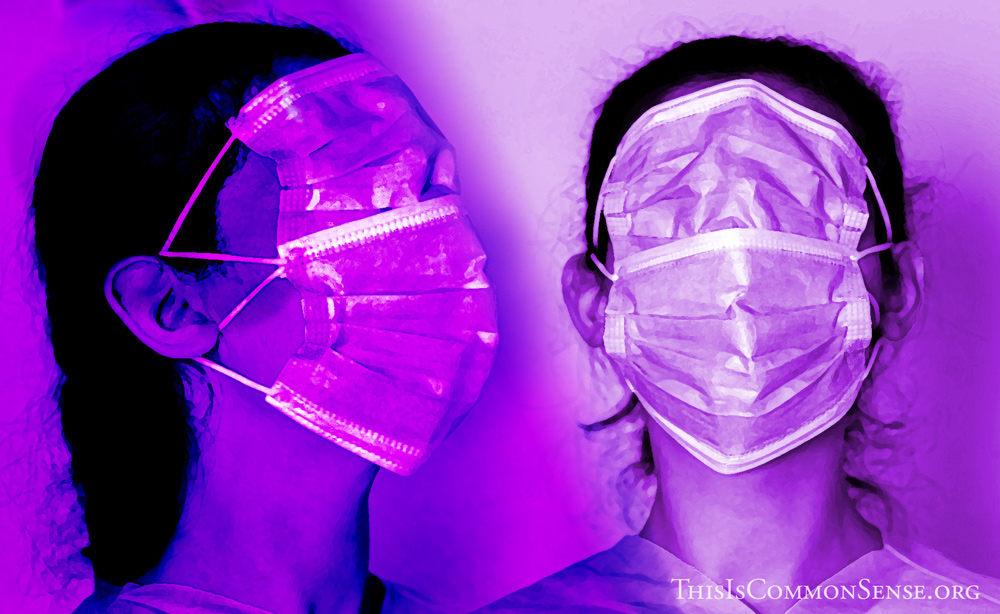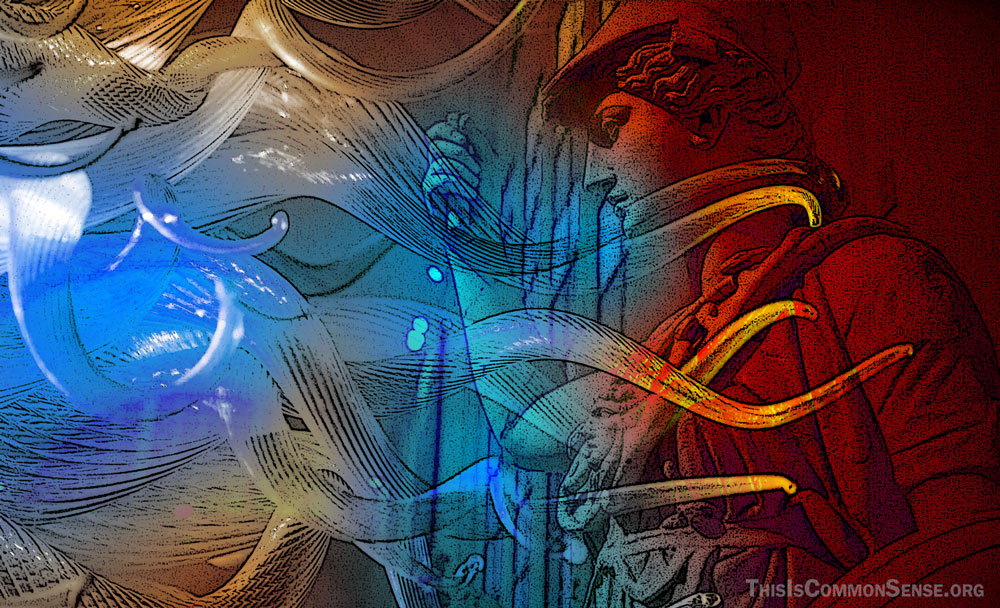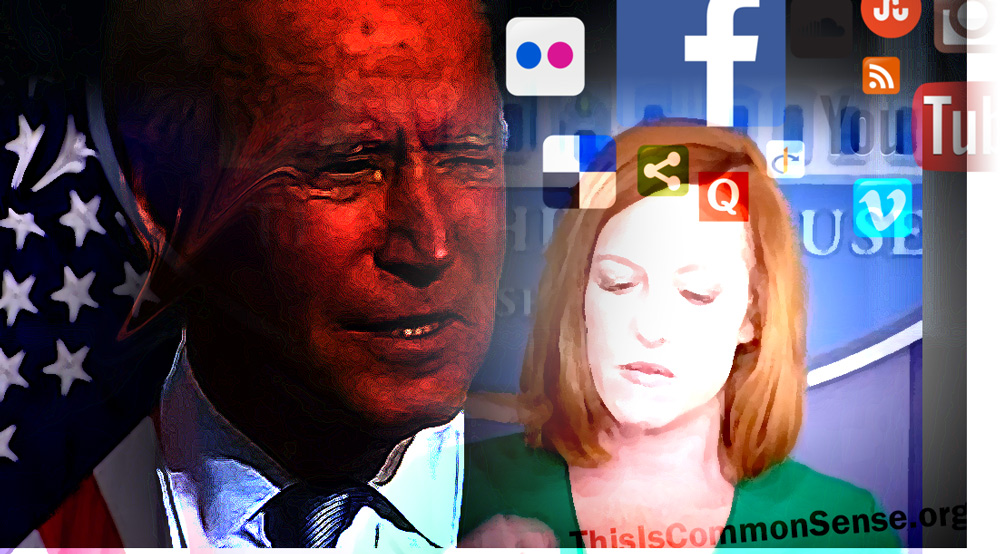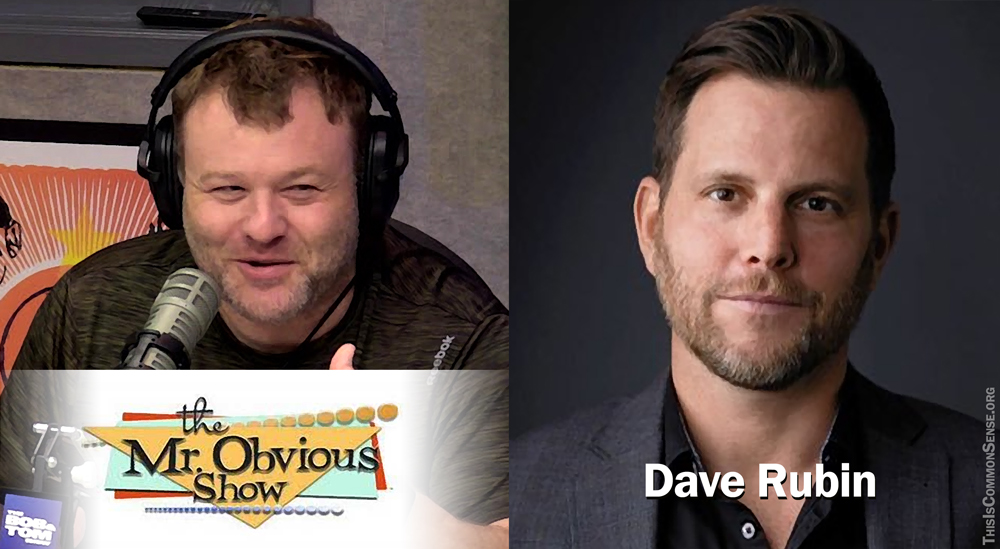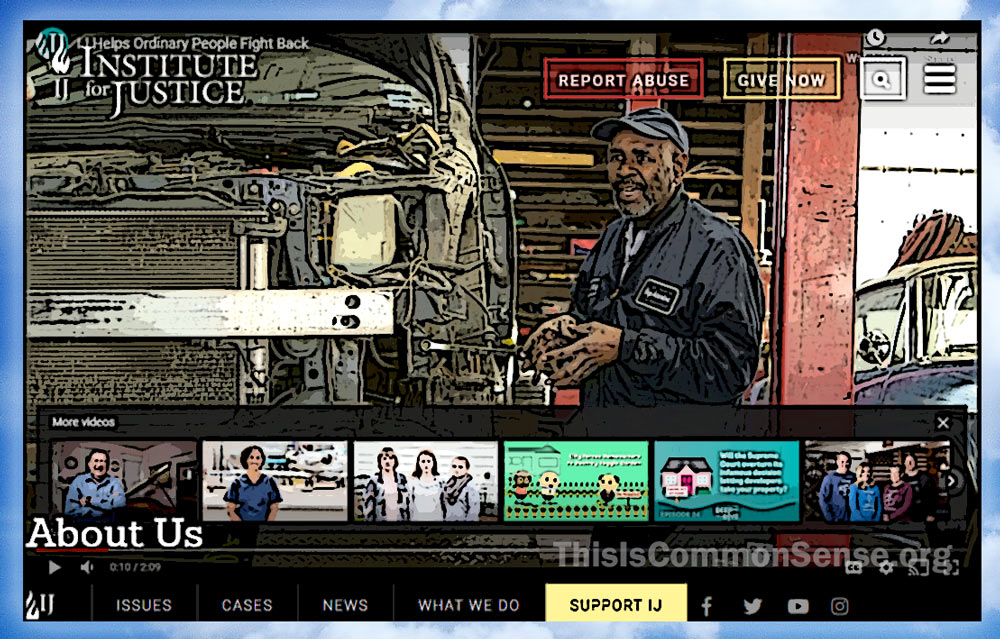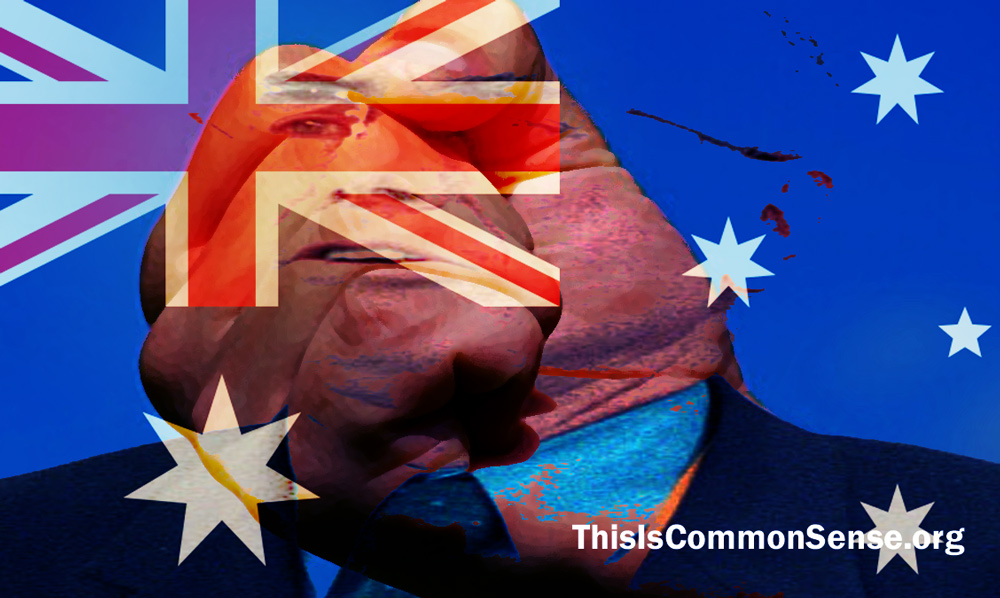Sometimes things are complicated.
Many factors matter when deciding whether it makes sense to wear a mask to fend off infection. Let alone whether it’s okay to compel others to do so.
Now add another question: whether it is ever okay to deliberately suppress discussion of these subjects.
I’ve talked about all this before. But on those occasions I could not yet point you to a lengthy Heartland Institute post by James Agresti on “Everything You Always Wanted to Know About Masks, and the Deadly Falsehoods Surrounding Them.”
Once disparaged as ineffectual except maybe for hospital workers, the power of masking up was later drastically oversold by policy makers.
Agresti aggregates evidence indicating that COVID-19 is spread mainly by fine aerosols that can stay aloft a long time and easily penetrate most masks. But the evidence for mostly aerosol rather than big-droplet transmission was ignored or downplayed by the WHO and CDC for over a year.
Agresti also argues that trials of the effectiveness of masks in preventing infection are “inconclusive” with respect to N95 masks in clinical settings. And that these studies show no statistically significant benefits for any masks in “community settings.”
To combat aerosolized COVID-19, he recommends more extensive indoor use of UV disinfection systems.
Lots to talk about. Experts familiar with the research that Agresti canvasses often disagree. How about it, big-tech social-media firms. May we discuss?
Or must we stick to received dogma regardless of observations and logic?
This is Common Sense. I’m Paul Jacob.
—
See all recent commentary
(simplified and organized)
